What dietary strategies naturally support men’s testosterone and vitality?
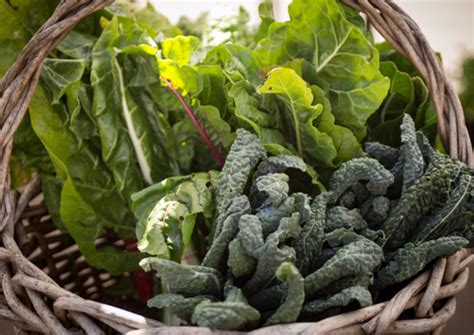
Maintaining healthy testosterone levels and overall vitality is crucial for men’s physical and mental well-being. While many factors influence these aspects, diet plays a foundational role. Incorporating specific nutrients and embracing particular eating patterns can naturally support hormone production, energy levels, and overall health.
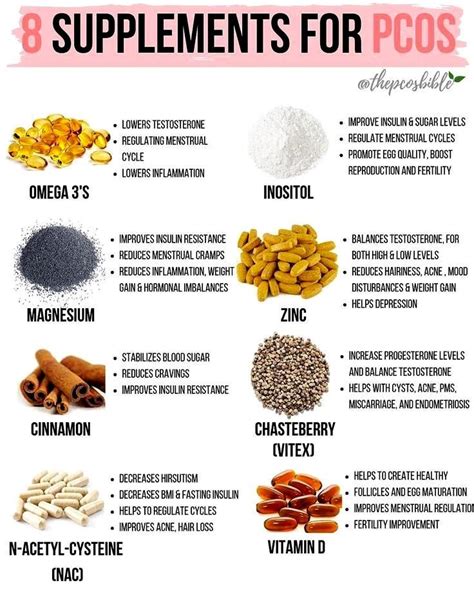
The Foundational Role of Key Nutrients
Certain vitamins and minerals are directly involved in testosterone synthesis and regulation. Ensuring adequate intake of these can make a significant difference:
- Zinc: This essential mineral is critical for testosterone production. Studies have shown that zinc deficiency can lead to reduced T-levels. Excellent sources include oysters, red meat, poultry, beans, nuts, and whole grains.
- Vitamin D: Often referred to as the ‘sunshine vitamin,’ Vitamin D actually functions as a steroid hormone in the body. Research suggests a strong correlation between sufficient Vitamin D levels and higher testosterone. Fatty fish (salmon, mackerel), fortified dairy products, and exposure to sunlight are primary sources.
- Magnesium: Involved in over 300 enzymatic reactions, magnesium is crucial for overall health, including hormone regulation. It helps reduce oxidative stress and inflammation, both of which can negatively impact testosterone. Rich sources include leafy green vegetables, nuts, seeds, legumes, and whole grains.
- Healthy Fats: Cholesterol, a precursor to testosterone, is derived from dietary fats. Incorporating monounsaturated and polyunsaturated fats is vital. Sources like avocados, olive oil, nuts, seeds, and fatty fish (omega-3s) support hormone synthesis and reduce inflammation.
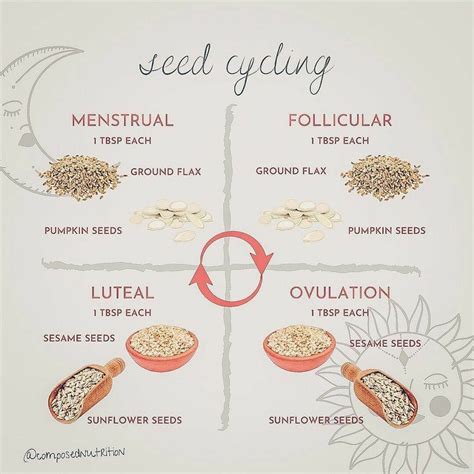
Emphasizing Whole, Unprocessed Foods
Beyond specific nutrients, the overall quality of your diet matters. Prioritizing whole, unprocessed foods helps stabilize blood sugar, reduce inflammation, and provide a broad spectrum of beneficial compounds:
- Lean Proteins: Adequate protein intake supports muscle maintenance and overall satiety. Opt for lean meats, poultry, fish, eggs, and plant-based proteins like legumes and tofu.
- Complex Carbohydrates: Whole grains (oats, quinoa, brown rice), fruits, and vegetables provide sustained energy, fiber, and micronutrients. They help prevent blood sugar spikes and crashes that can negatively impact hormone balance.
- Antioxidant-Rich Fruits & Vegetables: Berries, dark leafy greens, colorful peppers, and cruciferous vegetables are packed with antioxidants that combat oxidative stress, which can otherwise damage cells and impair hormone function.
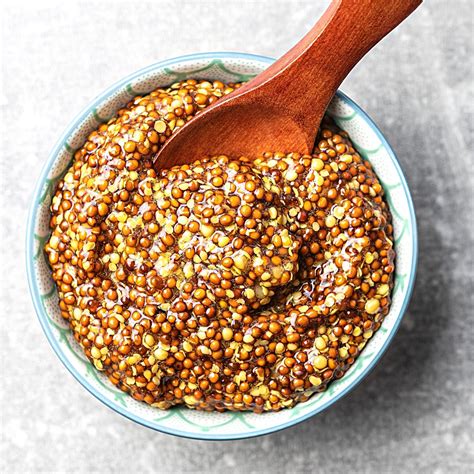
Strategic Dietary Patterns for Hormone Health
Adopting certain eating patterns can provide a holistic approach to supporting testosterone and vitality:
- The Mediterranean Diet: This pattern emphasizes whole grains, healthy fats, lean proteins, abundant fruits, vegetables, and legumes, while limiting red meat and processed foods. It’s renowned for its anti-inflammatory benefits and overall health promotion, indirectly supporting hormone balance.
- Limiting Processed Foods and Sugar: Diets high in refined sugars and highly processed foods can lead to insulin resistance, inflammation, and weight gain – all factors detrimental to testosterone levels. Reducing intake of sugary drinks, fast food, and packaged snacks is crucial.
- Hydration: Often overlooked, adequate water intake is vital for all bodily functions, including nutrient transport and cellular processes that impact hormone health.
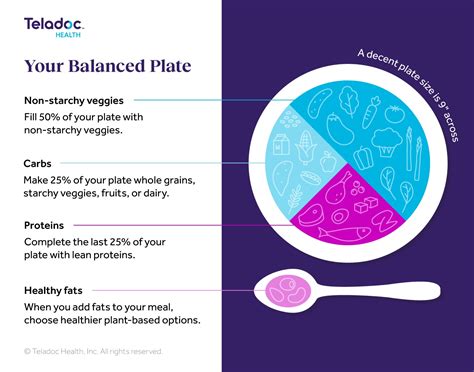
Beyond Diet: A Holistic Approach
While diet is paramount, it’s part of a larger picture. For optimal testosterone and vitality, consider combining these dietary strategies with other healthy lifestyle choices:
- Regular Exercise: Particularly strength training and high-intensity interval training (HIIT), can significantly boost testosterone.
- Adequate Sleep: Poor sleep quality and insufficient duration can drastically reduce T-levels. Aim for 7-9 hours per night.
- Stress Management: Chronic stress elevates cortisol, which can suppress testosterone production. Practices like meditation, yoga, or spending time in nature can help.

Conclusion
Naturally supporting men’s testosterone and vitality is an achievable goal through thoughtful dietary choices. By prioritizing zinc, Vitamin D, magnesium, and healthy fats, while building a diet around whole, unprocessed foods, men can significantly impact their hormonal health and overall well-being. Coupled with a healthy lifestyle, these nutritional strategies form a powerful foundation for a vibrant and energetic life.









